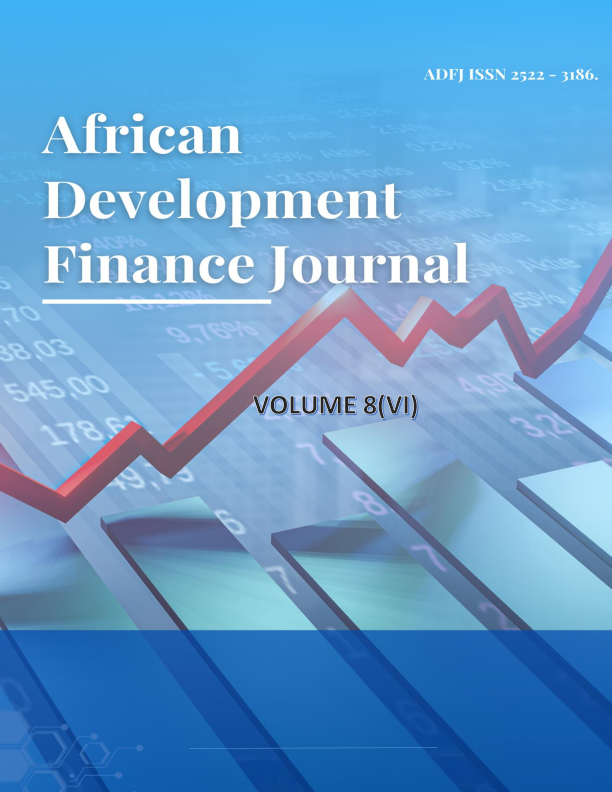Working Capital Management, Free Cash Flows, Firm Specific Factors and Financial Performance of Commercial State Corporations in Kenya
Abstract
This study examines the joint effect of working capital management (WCM), free cash flows (FCF) and firm-specific factors on financial performance of commercial state corporations in Kenya. Given that these entities play a vital role in Kenya’s economic development, understanding the nexus of the relationship among these variables is crucial for enhancing their financial sustainability and operational efficiency. The study adopted a positivism research philosophy and utilized a descriptive panel research design, collecting secondary data from annual financial reports of 28 commercial state corporations operating in Kenya from 2014 to 2023. The data was analysed using regression models to test the joint effect of WCM, FCF, and firm-specific factors on financial performance, measured by return on assets (ROA). The findings reveal that all three variables; working capital management, free cash flows and firm-specific factors have a significant joint impact on the financial performance of commercial state corporations. Efficient WCM, indicated by the cash conversion cycle (CCC), was positively correlated with financial performance, while free cash flows further enhanced this relationship. Firm-specific factors, including business risk, technological innovations, and managerial efficiency, also significantly influenced the effectiveness of WCM in improving financial performance. The study highlights the importance of integrating WCM practices with strong free cash flows and firm-specific characteristics to achieve sustainable financial outcomes.
Keywords: Working capital management, financial performance, days inventory outstanding, days sales outstanding, days payables outstanding, free cash flows, firm specific factors, business risk, managerial efficiency, and technological innovations.

